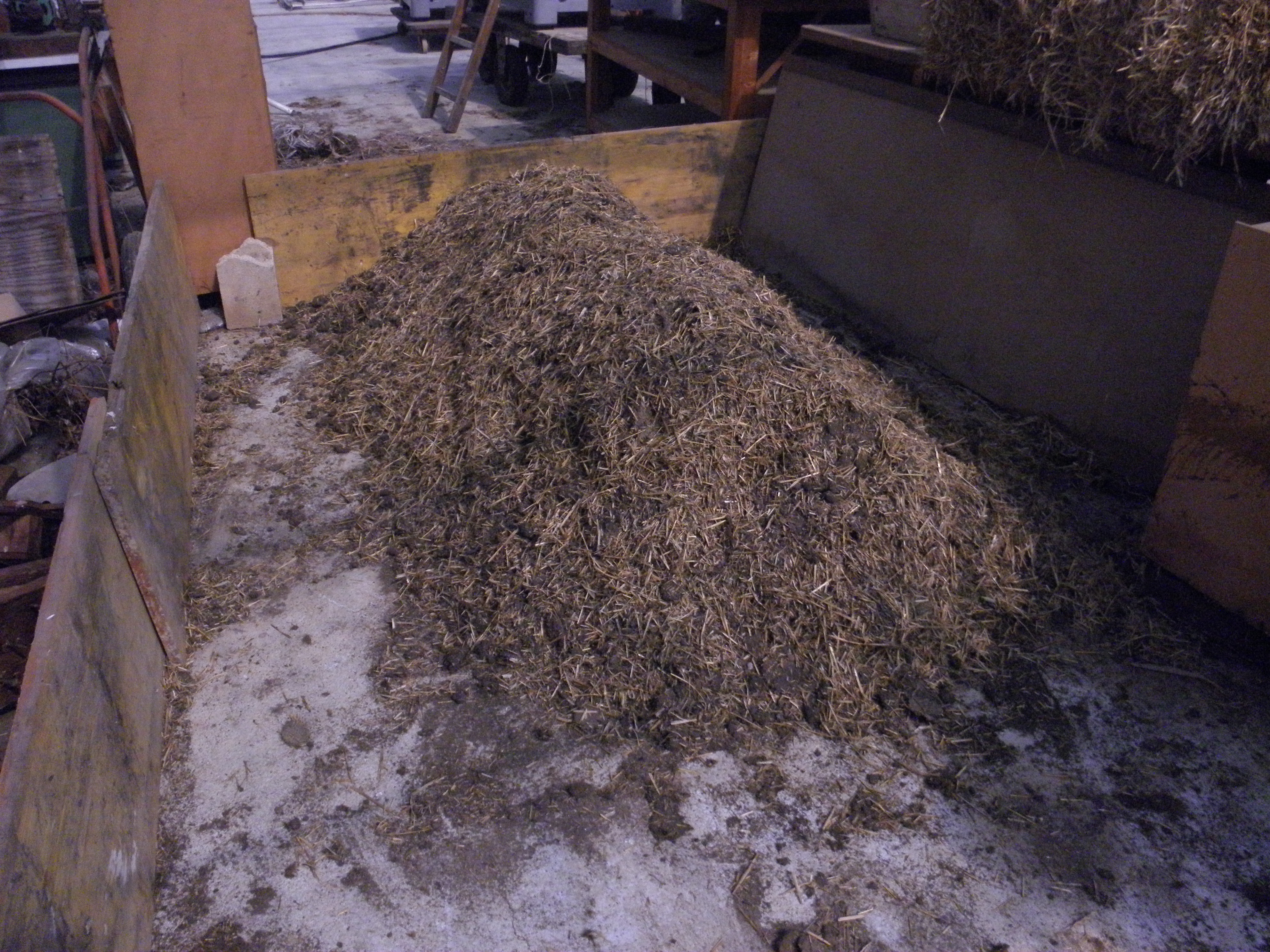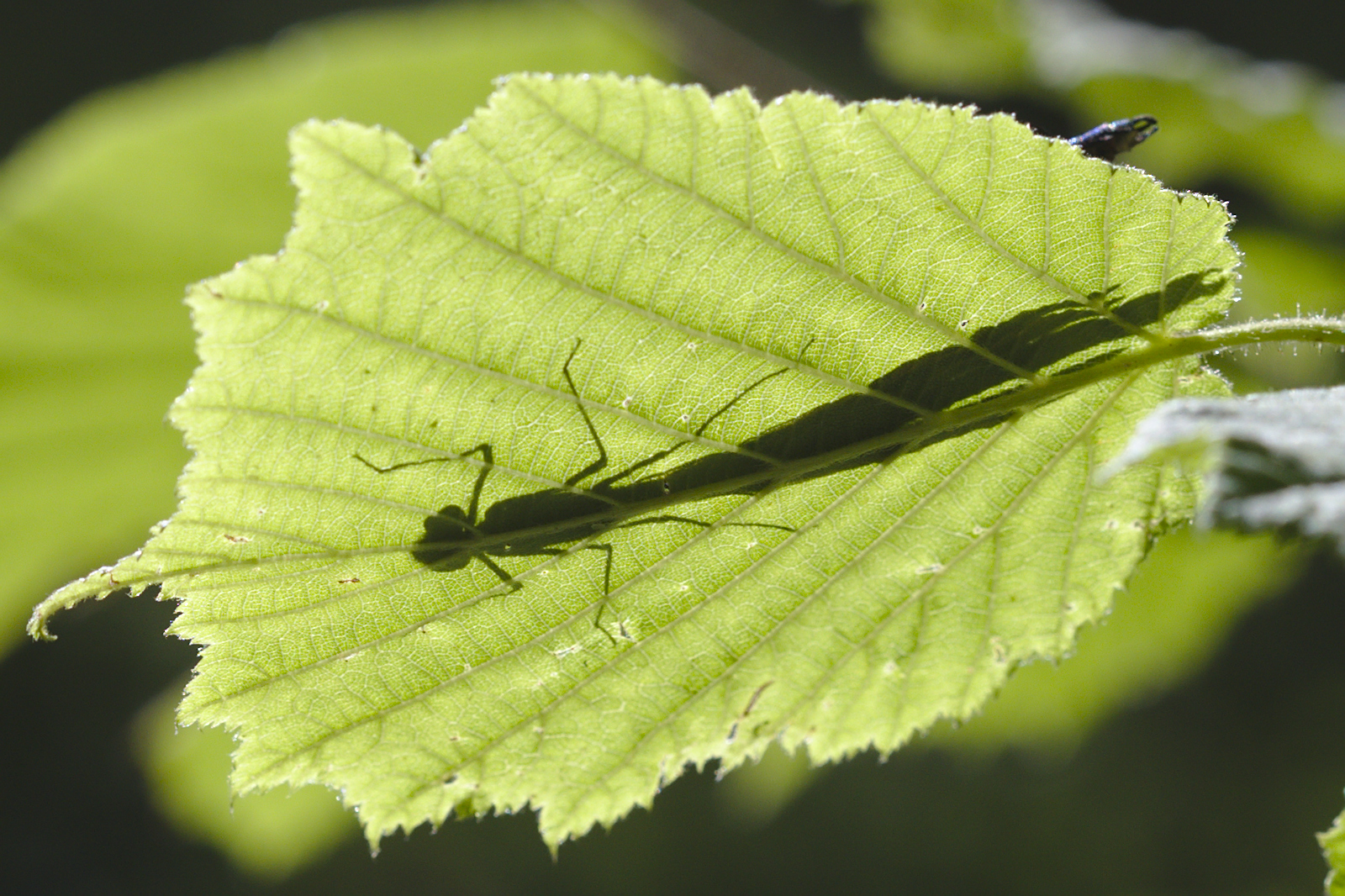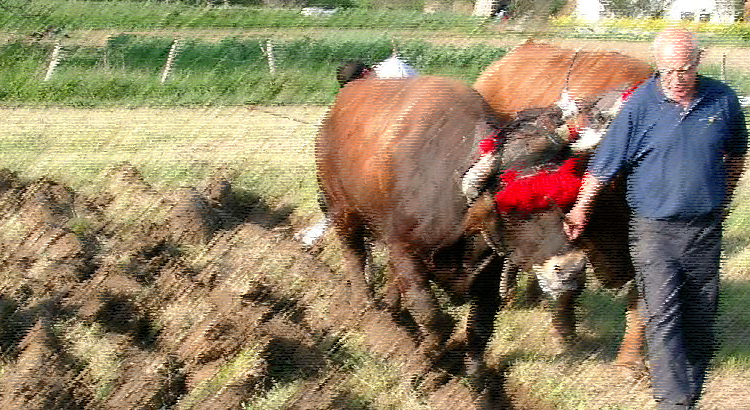Authors: Lur Epelde, Leire Jauregi, Julen Urra, Leire Ibarretxe, Josune Romo, Iker Goikoetxea, Carlos Garbisu
Journal: Frontiers in Sustainable Food Systems
Vol: 2, 44
Date: 2018
The application of organic amendments to agricultural soil provides organic matter and valuable nutrients, improves soil structure, increases its water holding capacity and stimulates soil microbial communities. However, when using organic amendments of animal and/or anthropogenic origin, the risk of contamination with organic and/or inorganic compounds, as well as the risk of dissemination of potential human pathogens and antibiotic resistance genes, must be taken into account. Here, we characterized seven amendments used in organic farming, in order to evaluate the agro-environmental consequences of their utilization. Amendments (vermicompost, bokashi, municipal solid waste, compost in pellet form, composted cow manure from intensive farms, composted cow manure from organic farms, composted sheep manure from organic farms) were sampled for the determination of (i) the presence of chemical (metals, aromatics, halogenated hydrocarbons, pesticides, phthalates, and total petroleum hydrocarbons) and biological (Escherichia coli, Salmonella, relative abundance of the integrase intl1 gene) contaminants; and (ii) their quality, in terms of physicochemical (moisture, organic matter, nutrients, C/N ratio) and microbial (potentially mineralizable nitrogen, microbial biomass carbon, bacterial and fungal abundance by real-time PCR, community-level physiological profiles through Biolog EcoPlates™) properties. Regarding metal concentrations, the only amendments that met the Spanish legal requirements for “Class A” fertilizers were composted intensive and organic cow manure. Zinc was the most limiting metal for the use of these amendments. None of the amendments showed high concentrations of organic contaminants. Bokashi was the only amendment in which Salmonella was detected. Besides, bokashi showed a high abundance of the integrase intl1 gene associated with class 1 integrons. Composted organic sheep manure showed the highest content of organic matter, total nitrogen, and extractable humic acids. Composted intensive cow manure showed highest values of microbial activity (potentially mineralizable N) and biomass (microbial biomass C, total bacteria). Owing to its low content of potentially health-threatening contaminants and its highest quality, as reflected by the Amendment Quality Index, composted intensive cow manure was concluded to be the most suitable amendment for agricultural use.




